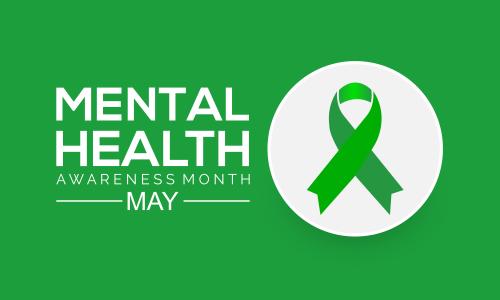People in the helping professions take care of all of us – but who takes care of them? Disasters and emergencies can impact physical health. But they can also have adverse effects on helpers such as first responders and frontline health workers, because emotional effects often go unseen.
Effective coping has a lot to do with an individual’s resilience.
Individual resilience is the ability to adapt or “bounce back” in the presence of difficult life events. It involves behaviors, thoughts, and actions that promote personal wellbeing and mental health, such as getting an adequate amount of sleep, eating healthily, avoiding using excessive amounts of caffeine and alcohol, and maintaining connections and supportive relationships with families and friends.
Feelings of grief, sadness, and a range of other emotions are common. Resilient individuals, however, are able to work through the emotions and effects of stress and painful events and rebuild their lives.







